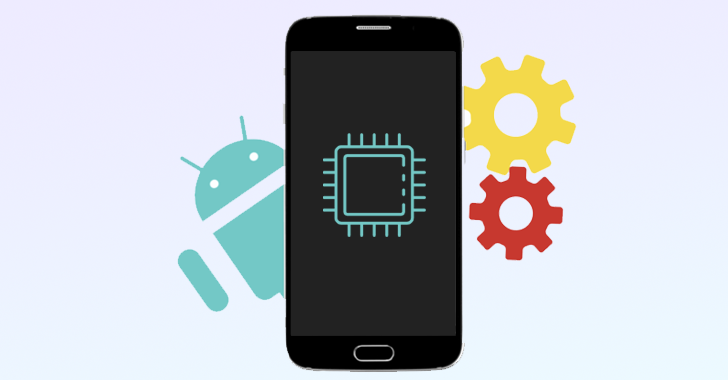Google said it’s working with ecosystem partners to harden the security of firmware that interacts with Android.
While the Android operating system runs on what’s called the application processor (AP), it’s just one of the many processors of a system-on-chip (SoC) that cater to various tasks like cellular communications and multimedia processing.
“Securing the Android Platform requires going beyond the confines of the Application Processor,” the Android team said. “Android’s defense-in-depth strategy also applies to the firmware running on bare-metal environments in these microcontrollers, as they are a critical part of the attack surface of a device.”
The tech giant said the goal is to bolster the security of software running on these secondary processors (i.e., firmware) and make it harder to exploit vulnerabilities over the air to achieve remote code execution within the Wi-Fi SoC or the cellular baseband.
To that end, Google noted that it’s exploring and enabling compiler-based sanitizers and turning on memory safety features in firmware as exploit mitigation measures.
Given the resource constraints associated with bare-metal targets, the idea is to “harden the most exposed attack surface – while minimizing any performance/stability impact,” the Mountain View-based company explained.
Another key area is the use of memory-safe programming languages like Rust for writing firmware code, continuing its efforts to expand its adoption across the platform.
“Hardening firmware running on bare-metal to materially increase the level of protection – across more surfaces in Android – is one of the priorities of Android Security,” Google said.
